West Point graduates have alerted STARRS to a questionable statement from the USMA Superintendent when he was speaking to a Board of Visitors meeting in March.
From the BOV meeting minutes:
Dr. Jerry Kobylski, Director of Institutional Effectiveness, provided an update on USMA’s ongoing internal assessments, to include the Honor Code and lines of effort.
LTG Gilland added that USMA was considering simplifying the mission statement, so people better understand what the Academy does and reviewing the Honor Code to make it more aspirational in nature.
The definitions of the words aspire, aspirational:
to seek to attain or accomplish a particular goal
to direct one’s hopes or ambitions towards achieving something
to want something very much or hope to achieve something or be successful
to long, aim, or seek ambitiously; be eagerly desirous, especially for something great or of high value
So is the Superintendent saying adherence to the West Point Honor Code is something cadets can no longer achieve, but can only hope to try to achieve?
A cadet can very much hope and desire, strive for the high value of not lying, cheating or stealing, but this lofty goal may be too hard to reach, so . . . . . what?
A West Point grad said that “Aspirational Honor” is code for the fact that DoD, the Army and the Academy find the Honor Code slogan inconvenient, not an ethical or moral imperative.
Kind of like how Google had to quietly give up its founding slogan, “Don’t be evil.”
Or maybe these changes are due to the transgender policy in the Army where people now have to LIE when they are forced to call a man a woman (or a woman a man), call the person by pronouns that are not true, have to say yes–a man can get pregnant and that it’s fine and a good thing for a man who thinks he’s a woman to shower with other women?
(Click on graphics to enlarge. Note the Army training slide says, “Transgender Soldiers are not required or expected to modify or adjust their behavior based on the fact that they do not ‘match’ other Soldiers.”)
(Re the below point number one on the training slide: Every time you see the DEI phrase “Dignity and Respect” used, it’s always codeword for eroding someone’s morals and values by manipulating a person to slowly slide into accepting something that go against their beliefs and values. Way before the CRT/DEI agenda commandeered this phrase, most decent people treated others the way they wanted to be treated. Don’t be guilt/shamed by this Marxist play on these words as if they discovered it.)
Never Lose Your Self-Respect:
“In my study of communist societies, I came to the conclusion that the purpose of communist propaganda was not to persuade or convince, not to inform, but to humiliate; and therefore, the less it corresponded to reality the better. When people are forced to remain silent when they are being told the most obvious lies, or even worse when they are forced to repeat the lies themselves, they lose once and for all their sense of probity. To assent to obvious lies is in some small way to become evil oneself. One’s standing to resist anything is thus eroded, and even destroyed. A society of emasculated liars is easy to control. I think if you examine political correctness, it has the same effect and is intended to.” ― Theodore Dalrymple
Here is what is on West Point’s Cadet Honor Code and Honor System page:(as of 29 Sep 23)
West Point’s Cadet Honor Code:
“A Cadet will not lie, cheat, steal, or tolerate those who do.”
Definitions of the tenets of the Honor Code
Lying: Cadets violate the Honor Code by lying if they deliberately deceive another by stating an untruth or by any direct form of communication to include the telling of a partial truth and the vague or ambiguous use of information or language with the intent to deceive or mislead.
Cheating: A violation of cheating would occur if a Cadet fraudulently acted out of self-interest or assisted another to do so with the intent to gain or to give an unfair advantage. Cheating includes such acts as plagiarism (presenting someone else’s ideas, words, data, or work as one’s own without documentation), misrepresentation (failing to document the assistance of another in the preparation, revision, or proofreading of an assignment), and using unauthorized notes.
Stealing: The wrongful taking, obtaining, or withholding by any means from the possession of the owner or any other person any money, personal property, article, or service of value of any kind, with intent to permanently deprive or defraud another person of the use and benefit of the property, or to appropriate it to either their own use or the use of any person other than the owner.
Toleration: Cadets violate the Honor Code by tolerating if they fail to report an unresolved incident with honor implications to proper authority within a reasonable length of time. “Proper authority” includes the Commandant, the Assistant Commandant, the Director of Military Instruction, the Athletic Director, a tactical officer, teacher or coach. A “reasonable length of time” is the time it takes to confront the Cadet suspected of the honor violation and decide whether the incident was a misunderstanding or a possible violation of the Honor Code. A reasonable length of time is usually considered not to exceed 24 hours.
To have violated the honor code, a Cadet must have lied, cheated, stolen, or attempted to do so, or tolerated such action on the part of another Cadet. The procedural element of the Honor System examines the two elements that must be present for a Cadet to have committed an honor violation: the act and the intent to commit that act. The latter does not mean intent to violate the Honor Code, but rather the intent to commit the act itself.

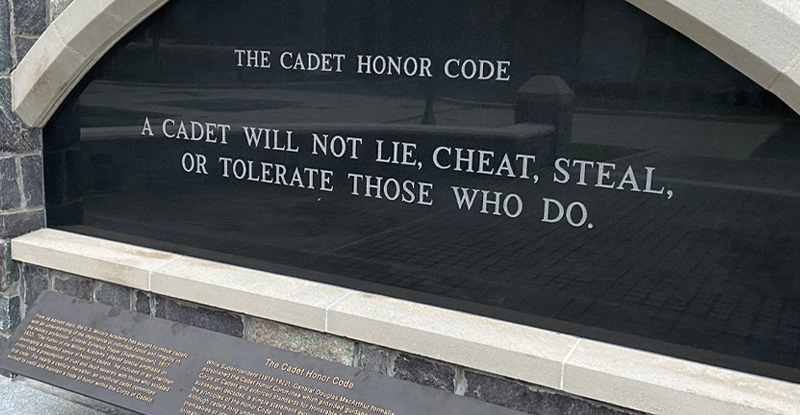
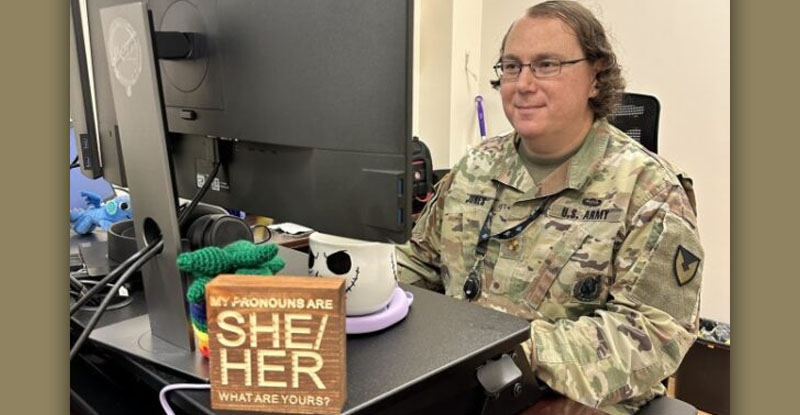
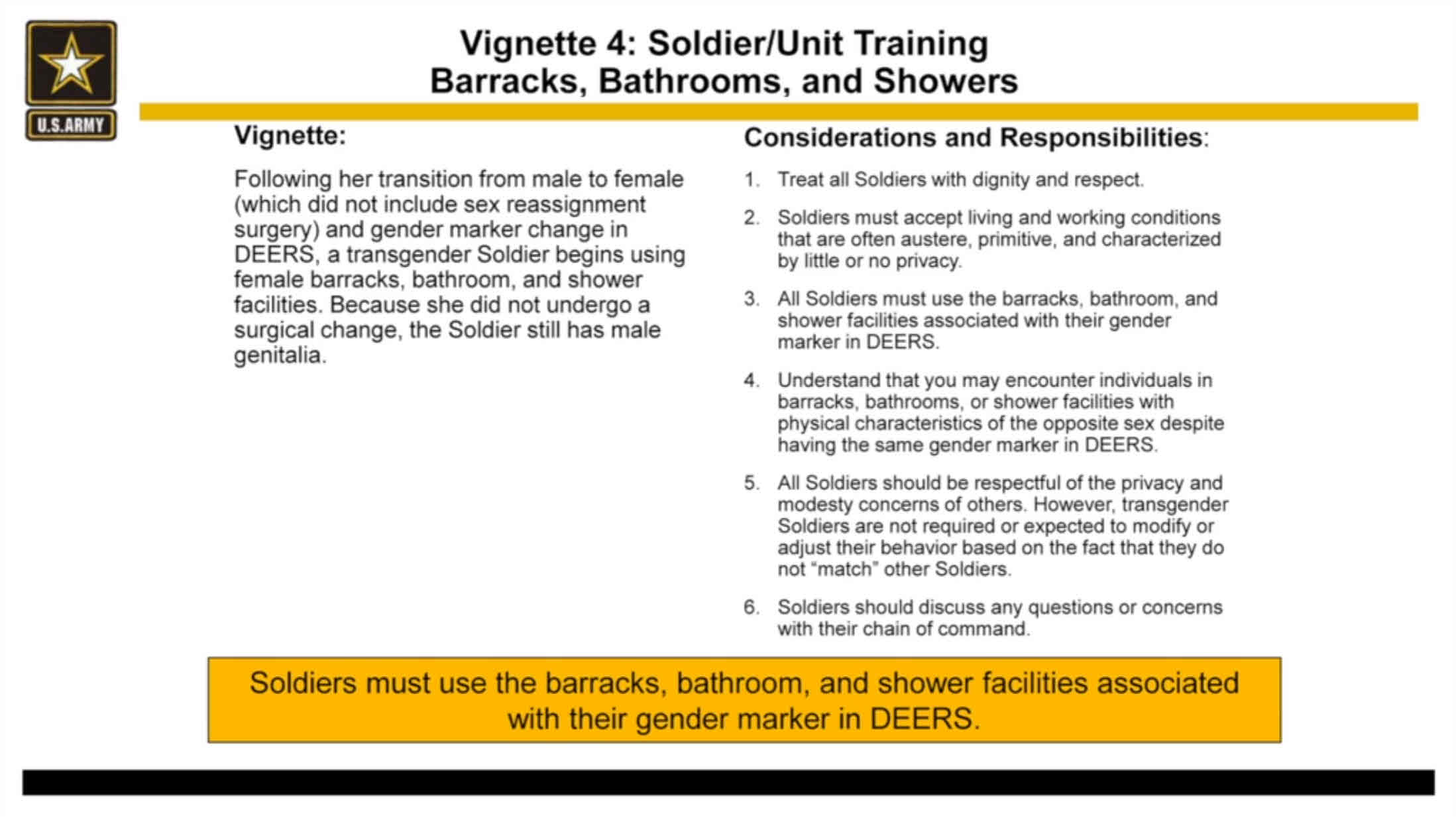
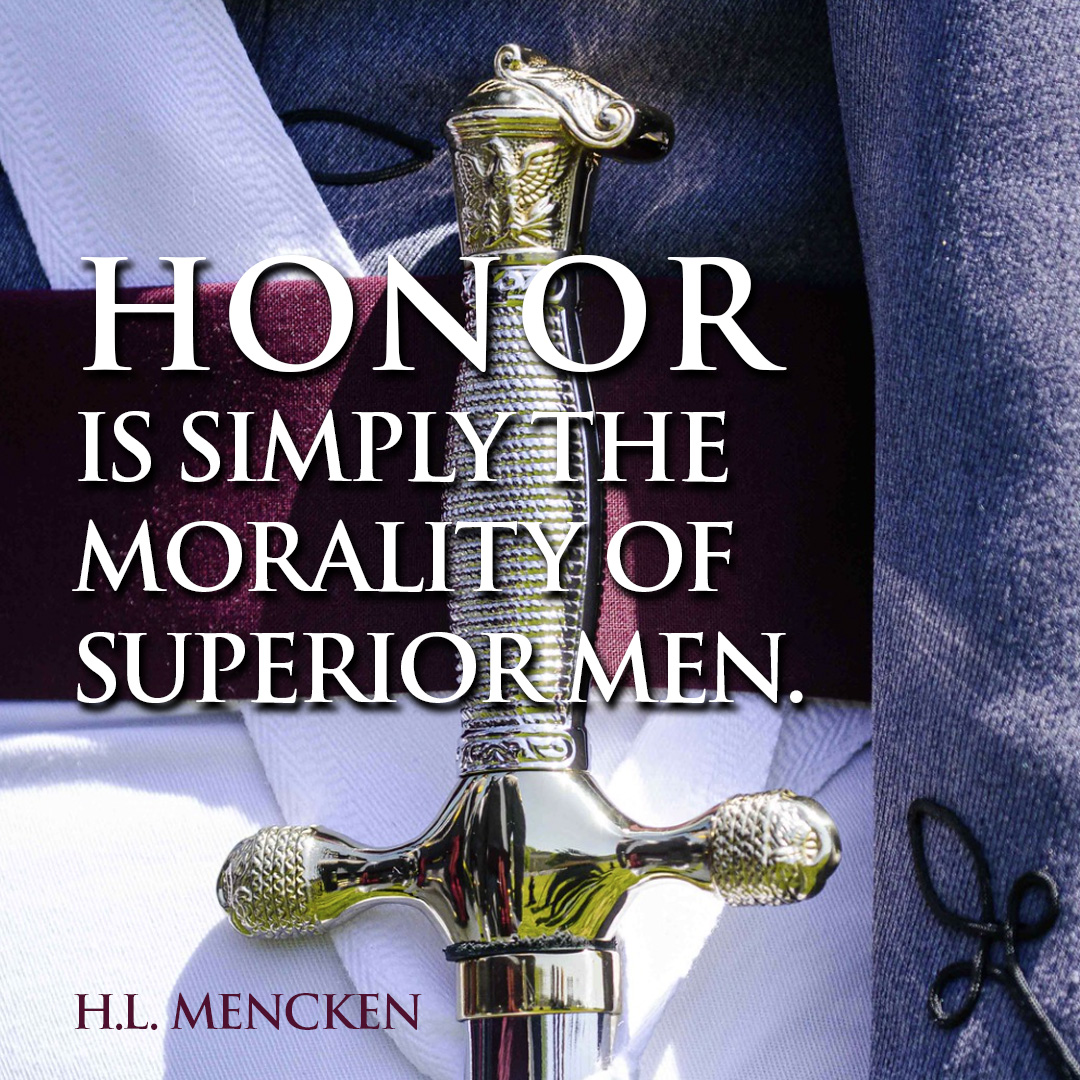
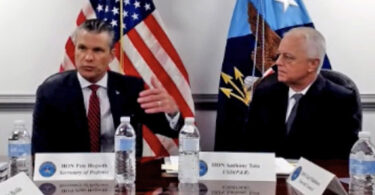

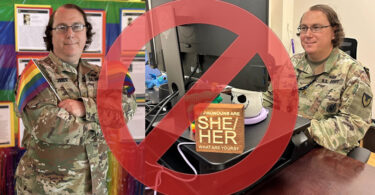



Leave a Comment